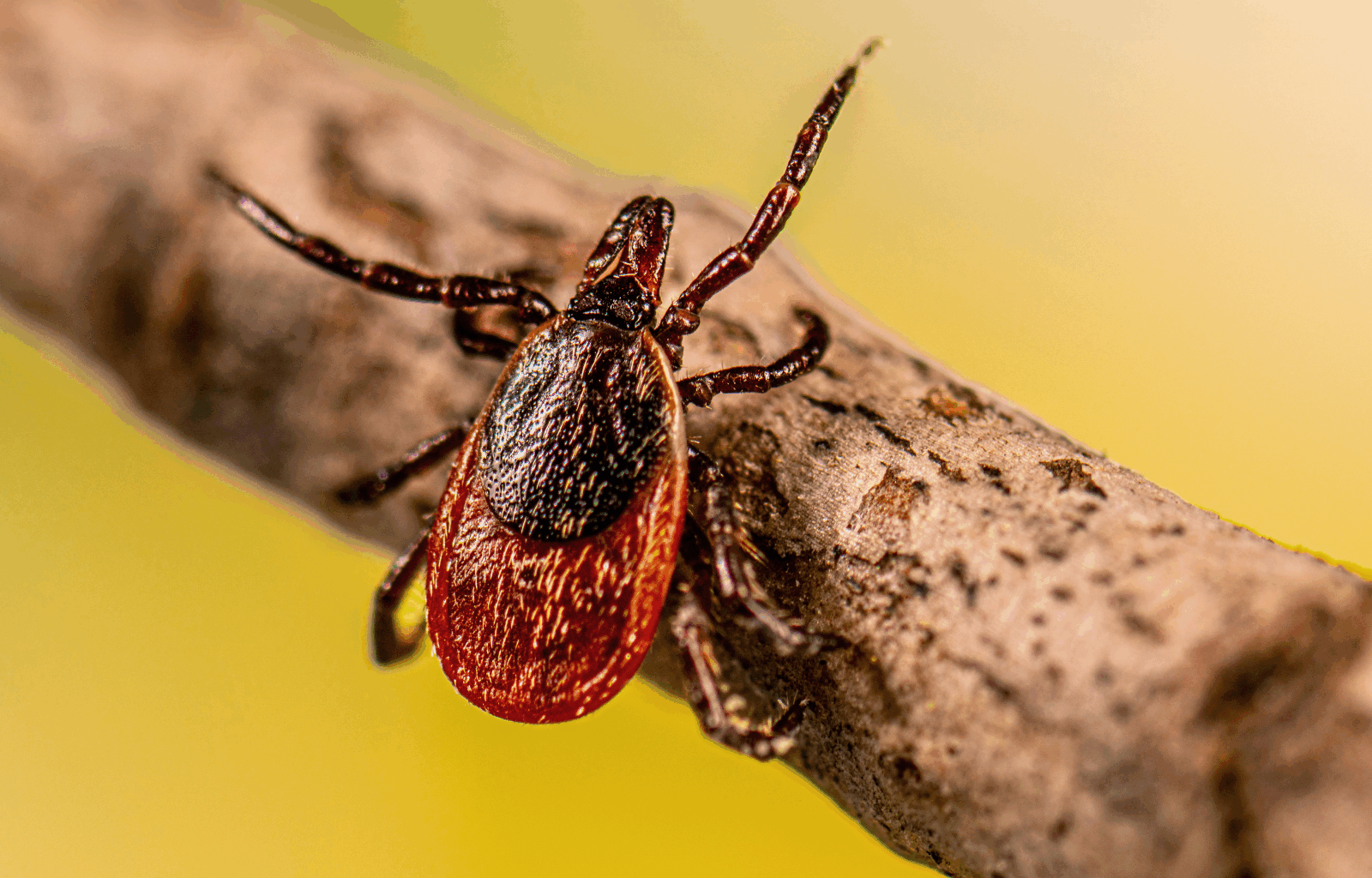BAYFIELD COUNTY — A person in northern Wisconsin has died after contracting a tick-borne virus.
The Bayfield County Health Department said the patient died from the Powassan virus in early June.
The patient who died was one of three people who have contracted the virus so far this year in Wisconsin, and all three were hospitalized, the state’s Department of Health Services said in a June 24 bulletin issued to health care providers and health departments.
The virus is spread by the blacklegged tick, commonly referred to as a deer tick, and symptoms can include fever, headache, vomiting and generalized weakness, DHS said.
The agency said it can also progress to encephalitis — with symptoms like altered mental states, seizures, speech and movement problems, and paralysis — or meningitis — with symptoms like severe headaches, sensitivity to light and neck rigidity.
Approximately 1 out of 10 people with a severe case die, and half of those with a severe case are left with long-term health problems like memory loss and recurring headaches, according to the
Centers for Disease Control and Prevention.
The DHS said risk factors for neurologic disease from the Powassan virus include those with compromised immune systems, as well as children and older adults.
Citing privacy laws, DHS declined to share the age of the patient who died in Bayfield County.
There is no treatment or vaccine for the virus. The DHS urged people to use tick repellent, check for and remove ticks before they can bite and avoid wooded and bushy areas where the virus is found.
Cases of Powassan
in Minnesota and Wisconsin. Minnesota reported 14 cases in 2024 and Wisconsin reported 12 cases.
Why the number of cases is up is unclear, but there are more deer — the blacklegged tick’s preferred host — and more people living near wooded areas with ticks, the News Tribune reported in April.
The DHS said ticks become infected with Powassan when they bite and consume the blood of an infected skunk, groundhog, squirrel, mouse, or other rodent. However, the exact source of the virus remains unknown. Ticks can also be born with Powassan.
The disease was first identified in Wisconsin in 2003. From 2003 to 2024, 67 cases were detected in the state, primarily in the northern region,

Jimmy Lovrien covers environment-related issues, including mining, energy and climate, for the Duluth News Tribune. He can be reached at jlovrien@duluthnews.com or 218-723-5332.
